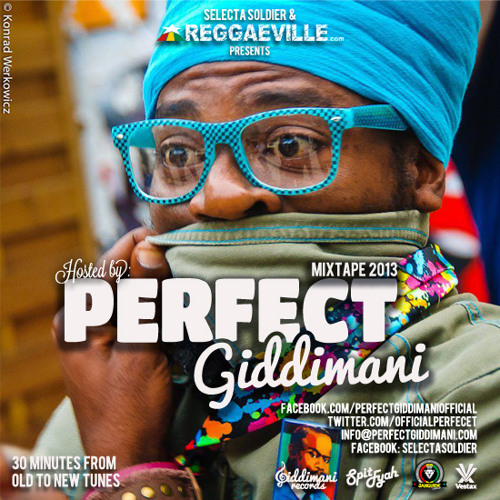
In a smaller, geographically concentrated scene, this is less feasible. House and techno DJs, who can dig through a seemingly never-ending catalogue of releases from the late 80’s forward, can, with enough taste and dedication, dig amongst available releases and find enough unique records to cement their own identity as a DJ. And in smaller scenes where there is less proliferation of releases, if is often a matter of access, rather than taste, or the ability to dig, that raises the DJ’s profile. You either have access to dubplates, or you don’t. Of course, this is hardly done on a level playing field. They also play a valuable role in establishing not just the producers’ profile, but also that of the DJ playing them, as DJ Rap noted: ‘If you’re a DJ, and I’m a DJ, you can go to a record shop, you can buy exactly what I can buy, so how are we going to be different? Now, if you can get certain dubplates, and I can get certain dubplates, that’s a chance for me to prove my style against yours.’ House and techno had no such dubplate culture: to a large degree, this is probably down to the more international desperation of house and techno, compared to reggae, jungle and dubstep, which were more geographically concentrated, and had more of a tightly-knit cognoscenti.Ĭompetition provided a further catalyst for dubplate culture, with rival Jamaican soundsystems out-doing each in having first refusal on the latest pre-releases, ensuring that the only way to hear them would be to go to actual dance, and allowing public airing of tracks outside of a standard record label release schedule. The music scenes that carried the dubplate torch were the antecedents on Jamaican soundsystem culture, wherever first-hand or second-hand. The fact that only a chosen elect with a scene would have first dibs on the dubs of the most illustrious producers, helped to cement leading DJs’ stature in that scene, and effectively block out newcomers. With this transient, mystical status, dubplates cemented the reputation of certain DJs, but also enabled them to pull the ladder up after them. Even the fact that dubplates typically wear down to crackles after around 50 plays lent each dubplate the potential to be considered a historical artefact that would disappear into legend.

The exclusivity of access and the high possibility that the tracks on dubplates would never be commercially released, gave them almost mystical significance to reggae, jungle and dubstep heads alike.

If owning a standard vinyl pressing feels like possessing the first edition of a novel, then having a tune on dubplate is like owning the author’s original handwritten manuscript, midnight candlewax spillages on the pages and all.ĭubplates always carried a talismanic significance. In the days before CDRs, mp3s and SoundCloud, dubplates had a more practical application: they provided the most effective (and pretty much only) way for DJs and producers to share ideas, garner hype for to-be-released dancefloor tools and provide DJs with unique calling cards. If owning a standard vinyl pressing feels like possessing the first edition of a novel, then having a tune on dubplate is like owning the author’s original handwritten manuscript, midnight candlewax spillages on the pages and all. Each dubplate represents an exclusive, as well as considerable financial investment (each plate typically costs £30-£50).ĭubplates sound good, they even smell good (everyone who has ever used a dubplate can attest to their unique smell), and give the DJ a secret weapon unknown to the rest of the dancefloor community.

Tracks are pressed, one on each side (and typically on a 10 inch plate) on to a metal disk, and sound beautifully bassy and clear, before wearing out after about 50 plays. It is designed for DJs to road-test tracks on club systems, gauge dancefloor reaction and then tweak accordingly before a commercial release. Though it has to be said that the same culture also represents some of the worst traits of specialist dance music and soundsystem culture: retrograde fetishism, pedantic one-upmanship, and downright musical snobbery.įor the uninitiated, a dubplate (or acetate) is a one-off record, pressed not on vinyl, but on lacquered aluminum. Dubplates are an essential part of the culture and history of soundsystem music from reggae to jungle to grime and dubstep.


 0 kommentar(er)
0 kommentar(er)
